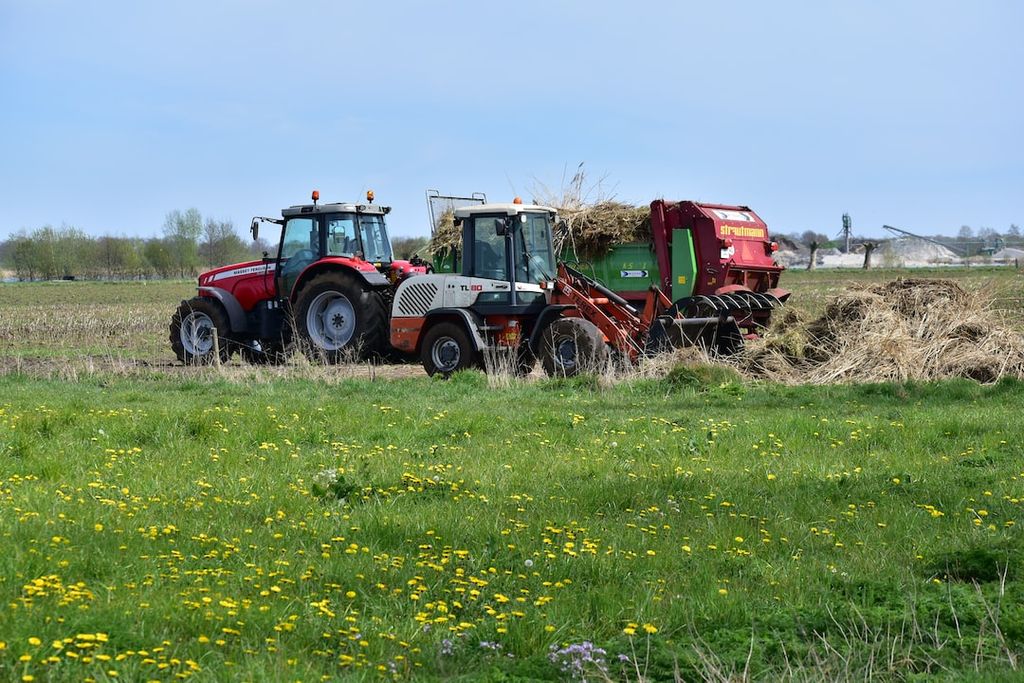The fiscal challenge in US-Indonesia agricultural exports is a topic of great importance in the global trade landscape. This article explores the impact of trade policies on agricultural exports between the United States and Indonesia, as well as the challenges faced in ensuring food safety and quality standards. By understanding these key issues, stakeholders can work towards enhancing trade relations and promoting sustainable agricultural practices.
Key Takeaways
- Tariffs and non-tariff barriers have a significant impact on US-Indonesia agricultural exports.
- Trade agreements play a crucial role in facilitating market access for agricultural products.
- Export subsidies can enhance the competitiveness of agricultural exports.
- Differences in regulatory frameworks pose challenges in ensuring food safety and quality standards.
- Certification and compliance processes are essential for meeting international food safety standards.
The Impact of Trade Policies on US-Indonesia Agricultural Exports
Tariffs and Non-Tariff Barriers
Tariffs and non-tariff barriers pose significant challenges to US-Indonesia agricultural exports.
Trade Agreements and Market Access
Trade agreements play a crucial role in facilitating market access between countries. They help to reduce tariffs and non-tariff barriers, making it easier for businesses to export their products. In the case of US-Indonesia agricultural exports, trade agreements between the two countries have the potential to boost the trade of seafood products. However, challenges still exist in ensuring a smooth and efficient trade process.
Export Subsidies and Competitiveness
Export subsidies and competitiveness play a crucial role in the US-Indonesia agricultural trade. These factors can significantly impact the market dynamics and the ability of both countries to compete effectively. Here are some key points to consider:
Challenges in Ensuring Food Safety and Quality Standards
Differences in Regulatory Frameworks
The differences in regulatory frameworks between the US and Indonesia pose significant challenges for agricultural exports. These differences encompass various aspects such as food safety standards, labeling requirements, and import regulations. Understanding and navigating these differences is crucial for exporters to ensure compliance and market access.
Certification and Compliance
Ensuring certification and compliance is crucial for US-Indonesia agricultural exports. It involves meeting the necessary standards and regulations to guarantee the safety and quality of the products. This process ensures consumer confidence and facilitates market access. To achieve certification and compliance, exporters need to adhere to specific guidelines and undergo rigorous inspections. Additionally, maintaining a robust traceability system is essential for tracking the origin and journey of the products throughout the supply chain.
Supply Chain Traceability
Ensuring supply chain traceability is crucial for maintaining food safety and quality standards. It allows for the identification and tracking of products throughout the entire supply chain, from production to consumption. By implementing robust traceability systems, companies can quickly identify and address any issues or contamination risks, minimizing the potential impact on consumers and the industry as a whole.
Ensuring food safety and quality standards is a complex task that involves various challenges. With the increasing globalization of the food industry, it has become crucial to implement effective measures to prevent foodborne illnesses and maintain the integrity of the food supply chain. One of the major challenges is the detection and control of contaminants, such as bacteria, viruses, and chemical residues, which can pose serious health risks. Another challenge is the enforcement of food safety regulations and standards across different countries and regions. This requires collaboration and coordination among government agencies, food producers, and consumers. Additionally, the rapid growth of e-commerce and online food delivery services has introduced new challenges in ensuring the safety and quality of food products. It is important for consumers to be aware of these challenges and make informed choices when purchasing food. To ensure food safety and quality, visit our website for debt collection solutions made simple.
Frequently Asked Questions
What are the trade policies that impact US-Indonesia agricultural exports?
Trade policies such as tariffs and non-tariff barriers, trade agreements, and export subsidies can impact US-Indonesia agricultural exports.
What are tariffs and non-tariff barriers?
Tariffs are taxes imposed on imported goods, while non-tariff barriers are restrictions or regulations that make it difficult for foreign goods to enter a market.
How do trade agreements affect US-Indonesia agricultural exports?
Trade agreements can provide market access opportunities and reduce trade barriers, which can benefit US-Indonesia agricultural exports.
What is the relationship between export subsidies and competitiveness in agricultural exports?
Export subsidies can enhance the competitiveness of agricultural exports by reducing the cost of production and increasing market access.
What are the challenges in ensuring food safety and quality standards in US-Indonesia agricultural exports?
Challenges include differences in regulatory frameworks, certification and compliance requirements, and supply chain traceability.
What are the differences in regulatory frameworks for food safety and quality standards?
Different countries may have varying regulations and standards for food safety and quality, which can create challenges in meeting export requirements.





